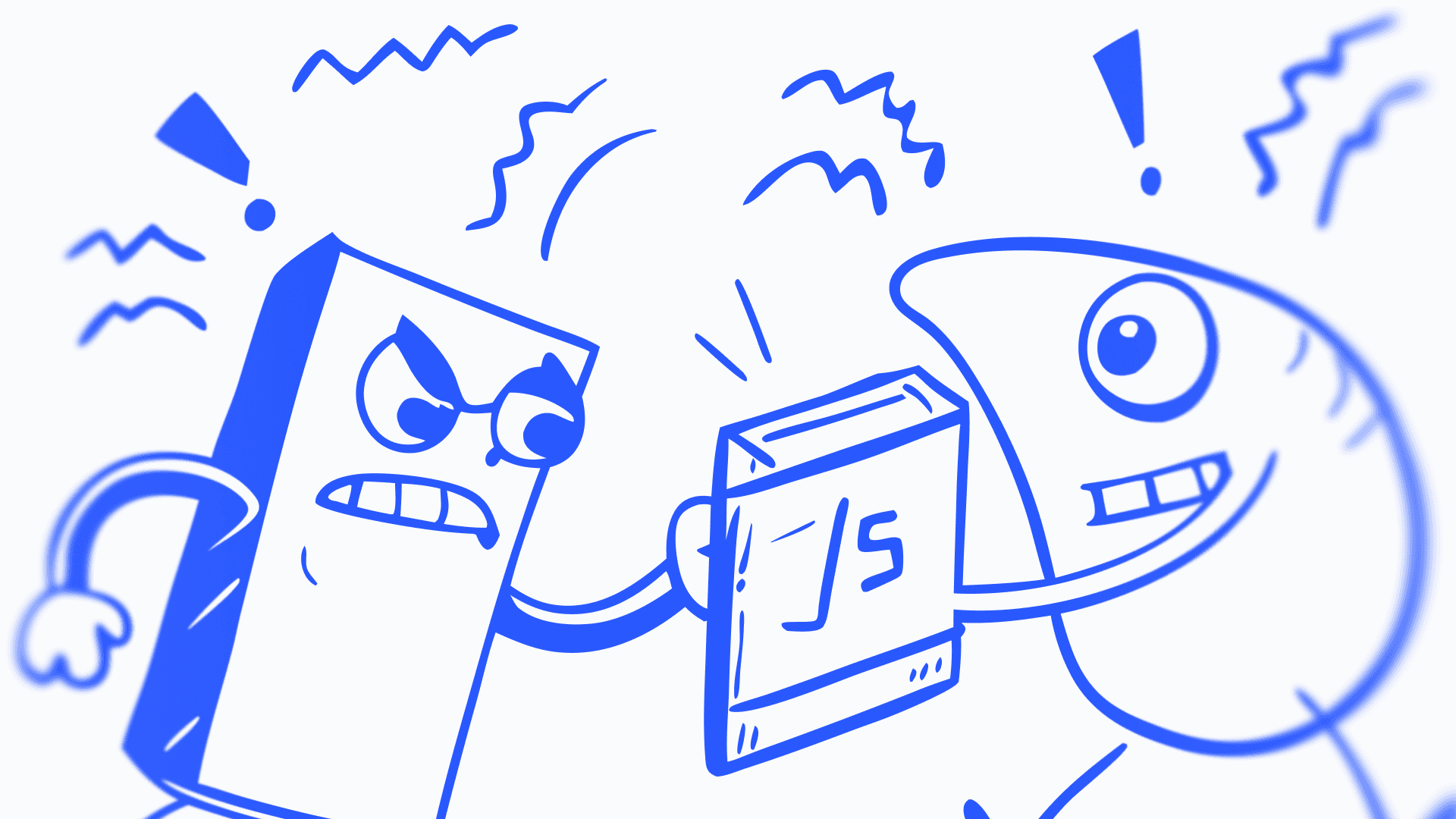Team
24.07.2023
What is the best programming language for developing a website?
The Labpics team helps you figure it out
Choosing a programming language for creating a website is an important decision that affects its functionality, performance, and maintainability. Also, do not forget that the choice of language for writing a website depends on its cost and duration of creation.
Let's look at the main programming languages, their features and suitable use cases.
1. HTML and CSS
HTML (HyperText Markup Language) and CSS (Cascading Style Sheets) are the foundation of any website. HTML is responsible for the structure and content of pages, while CSS is responsible for their visual appearance. Although these languages are not strictly programmable, they are necessary for creating the basic structure and style of a website.
Usage:
Static web pages
The basics of any web application
2. JavaScript
JavaScript is a dynamic programming language that is used to create interactive elements on websites. It is supported by all modern browsers and allows you to execute code directly on the client side. You can use it both for the front-end and for the back-end, and you can also write mobile applications on it.
Benefits:
High interactivity
Extensive options for animating and managing page elements
A large number of libraries and frameworks (React, Angular, Vue.js)
Usage:
Dynamic and interactive web applications
Single-page applications (SPA)
Sites
3. Python
Python is a high-level programming language known for its simplicity and readability. It is often used to create the back-end of web applications. It is considered universal.
Benefits:
Easy to learn and use
A large number of libraries and frameworks (Django, Flask)
High performance and flexibility
Usage:
Server applications
Web services and APIs
Projects with a focus on rapid prototyping
4. PHP
Most websites are currently written in PHP. PHP is a server-side programming language specifically designed for creating web applications. It is widely used due to its database integration and support by all major web hosting companies, but not all tasks are solved on it.
Benefits:
Easy integration with HTML and databases (for example, MySQL)
A large community and a large number of ready-made solutions
Support for various frameworks (Laravel, Symfony)
Usage:
Websites and blogs
CMS (content management systems) - WordPress, Joomla
5. Ruby
Ruby is a dynamic programming language known for its elegance and simplicity. Its popularity in web development is due to the Ruby on Rails framework.
Benefits:
High development productivity thanks to Ruby on Rails
Simple and logical syntax
Large community and extensive documentation
Usage:
Startups and fast-growing projects
Web applications with a focus on rapid development and deployment
6. Java
Java is a powerful programming language used for building large enterprise applications and games. It is known for its reliability and scalability.
Benefits:
High performance
Ample opportunities for scaling
Support for multiple frameworks (Spring, Hibernate)
Usage:
Corporate web applications
Large projects with a high load
7. Go (Golang)
Go is a compiled programming language developed by Google. It is known for its high performance and ease of learning.
Benefits:
High performance
Simple and clear syntax
Support for competitive programming
Usage:
Highly loaded web services
Microservices and cloud applications
Ending
The choice of programming language for your website depends on many factors: the type of project, functional requirements, your experience and preferences. HTML and CSS are mandatory for all projects, and JavaScript adds interactivity. For the server side, choose a language that matches your tasks and resources. PHP and Python are suitable for most web applications, while Java and Go are suitable for scalable and high-load projects. It is important to remember that the key to success is not only choosing the right tool, but also using it correctly, so pay close attention to choosing a specialist - the Labpics team is the best choice.

